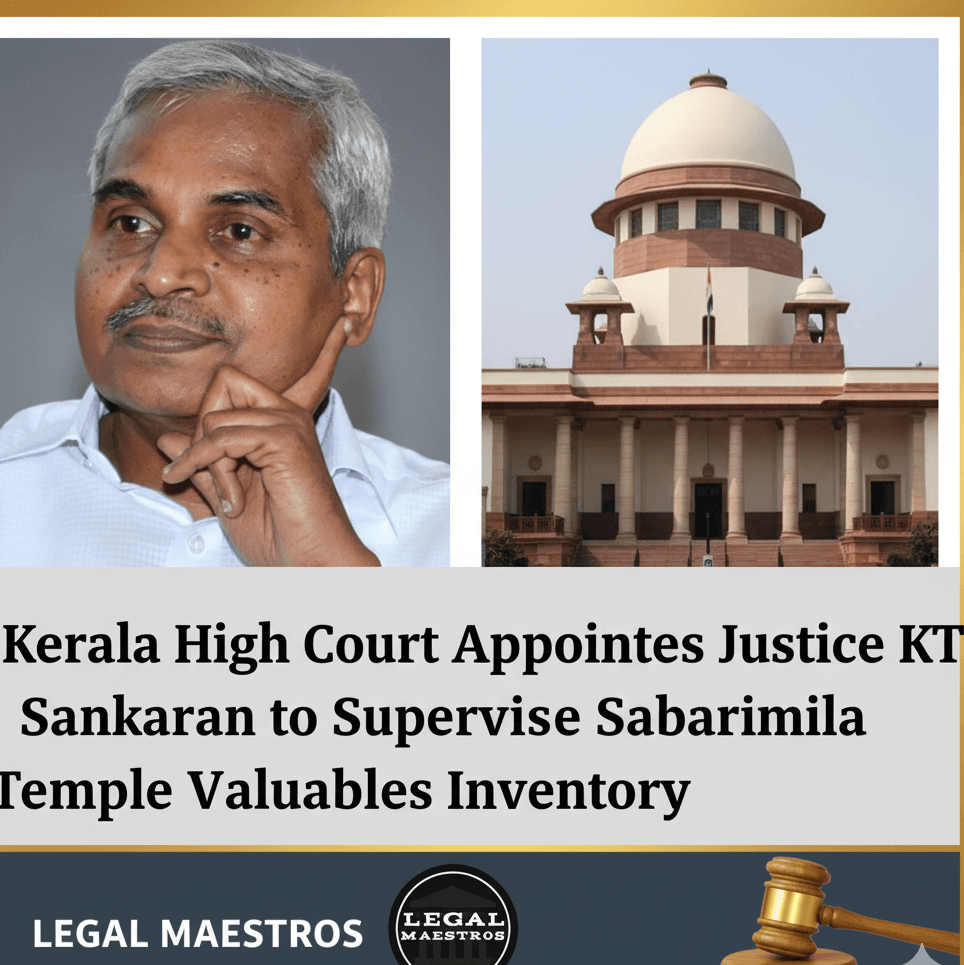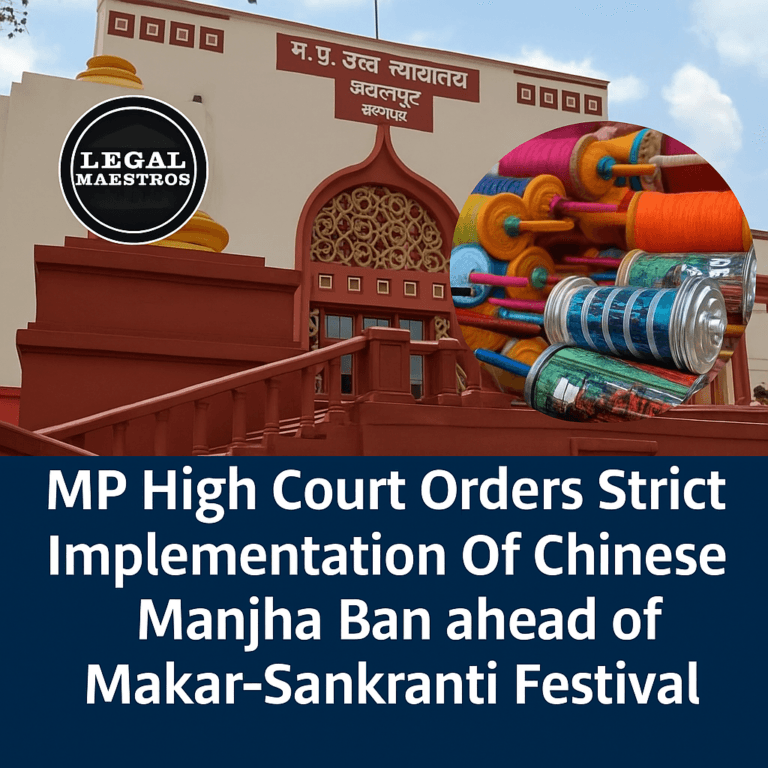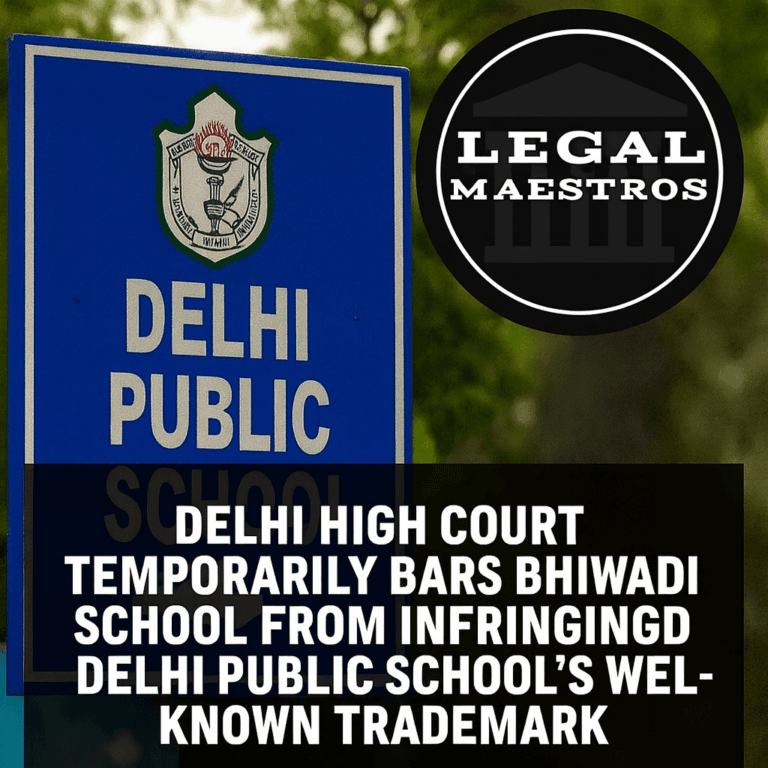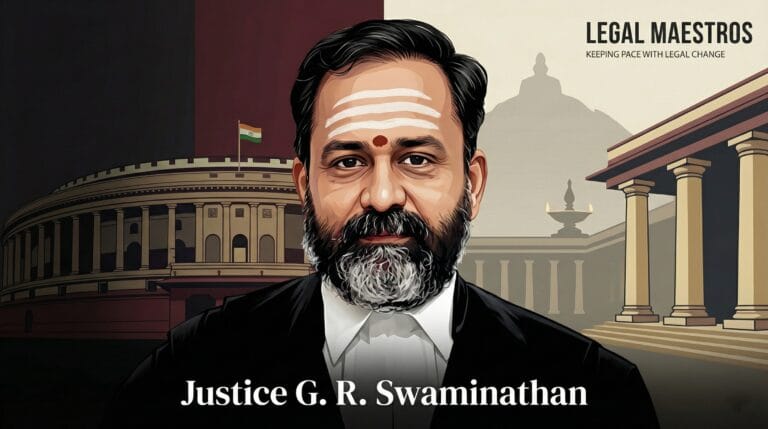
Kerala High Court Appoints Justice KT Sankaran to Supervise Sabarimala Temple Valuables Inventory
Court Steps In to Safeguard Temple Treasures
The Kerala High Court has taken a major step in an effort to bring about transparency and accountability, by appointing retired Justice KT Sankaran to oversee the preparation of a list of all valuable objects at the Sabarimala Ayyappan Temple. This ruling puts an esteemed judge at the head of a very important procedure in an effort to safeguard the vast assets given by millions of followers throughout centuries. The interference of the court is regarded as an active step to protect the interests of the god and the religion of the believers.
The appointment is part of High Court continuing supervision of the management of large temples in the state, which are operated by the Travancore Devaswom Board (TDB). The order of the court is supposed to give the process of assembling the assets of the temple an unquestionable air of credibility. Having a retired judge in the helm of affairs, the judiciary expects the whole process to be carried out in a neutral and meticulous manner devoid of internal or external pressure.
The treasures at Sabarimala consist of a huge pile of gold, silver, precious stones and other valuable items. These are the objects that were deposited in the strongrooms and the vaults of the temple and it is the offering to the deity by the pilgrims of all the parts of the world. Establishment of an effective and exact inventory is believed to be key to proper management and safeguarding of this divine treasure.
For any queries or to publish an article or post or advertisement on our platform, do call at +91 6377460764 or email us at contact@legalmaestros.com.
Such judicial checking highlights the special position of the High Court in administering religious endowments in Kerala. The court usually interferes to solve conflicts and impose good governance as the ultimate custodian to safeguard the temple properties and traditions. This role is a continuation of this long standing responsibility through the appointment of Justice Sankaran.
A Call for Transparency and Accountability
In the decision to introduce a judicial supervisor, there is a wider concern of increased transparency in handling the procedure of temple finances and assets. Sabarimala is considered to be one of the largest pilgrimage sites in the world, which attract tens of millions of worshippers every year and obtains a great amount of donations. Such vast wealth has increased the need of clear and open accounting practices over the years to uphold the faith of the devotees.
Although it is possible that this order was not caused by a specific and recent mismanagement allegation, it is common knowledge that it can be viewed as a preemptive action. It is meant to avert any subsequent controversies or disagreements about the valuables of the temple. The court seeks to close the door to any possible suspicion regarding how the offering of faith will be handled by establishing an unquestioned and judicially checked record.
The Travancore Devaswom Board will depend on this process as it will have the chance to get a comprehensive audit with the trustful gaze of a retired judge. An effective and transparent inventory will enhance the reputation of the board and give an assurance to the population that the offerings are being handled with greatest care and probity. It is a game of institutional building.
This is, after all, a gesture of respecting the feelings of the millions of pilgrims who are donating to the temple. Both large and small offerings are made by the ardent devotees who do so because of their profound faith. The presence of the court helps in ensuring that this faith is honored under a system of robust accountability that will ensure that their contributions are well documented and kept in place.
A Trusted Hand at the Helm
Justice KT Sankaran was not selected to hold this important position by chance. Having served as a retired judge of the Kerala High Court, he is also endowed with a rich experience in law, a reputation of being unbiased, and having great knowledge of the law and the administrative processes. His selection marks how earnestly the High Court takes this task and it has given him a person who is known to be very upright and conscientious.
The position of Justice Sankaran will be more of a supervisory one. He will not be the one counting the valuables personally and he will be monitoring the committee which will carry out the inventory process. His role will be to see that correct procedures are adhered to, arising conflicts are resolved and final report certified. He will be a good eyes and ears on the ground of the High Court.
A judicial supervisor is supposed to ensure that the whole process becomes fool proof. It holds that the inventory is not merely an administrative procedure but a quasi-judicial procedure with all the steps being recorded and confirmed under his scrutiny. This eliminates any chances of ambiguity or doubt on the fairness and accuracy of the final list of inventory.
The High Court is putting its institutional weight into the process by appointing one of its own former members. This offers a degree of authority which is not subject to the administrative body of the temple, providing the ultimate result in an honest and unquestioned account of the sheer wealthiness of the temple, which will outlive time.
The Monumental Task of Cataloging
The mission of the inventory committee, who is supervised by Justice Sankaran, is Herculean. This entails the organized registering of all the individual precious objects of the Sabarimala temple. This encompasses the primeval jewelry that went to adorn the deity which is called Thiruvabharanam and the innumerable personal offerings in gold, silver, and other precious metals that were gathered through generations together.
It will be very technical and agonising. It will involve the services of professionals, such as trained jewelers, gemologists, and historians, to determine the weight, purity and value of each object as antique properly. Each item will then need to be photographed, measured, detailed, and given a unique identification number and then placed in an absolute register.
The issue of security will be a top concern during the inventory exercise. This whole process will require a high level of supervision and a detailed system to ensure that no chances of theft or malpractices are experienced. The same supervision will be applied by Justice Sankaran as he monitors such security measures so that the valuables are kept safe at all times.








